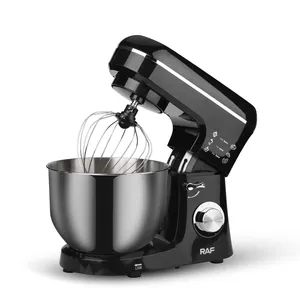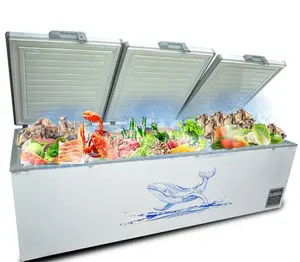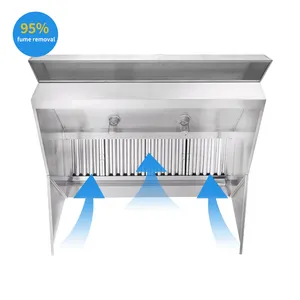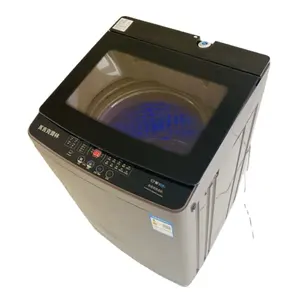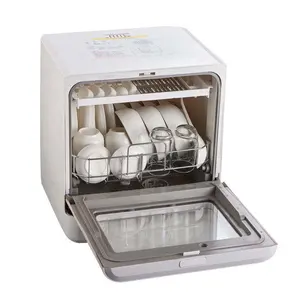Popular in your industry












































Top categories
About samsung stove glass top
Classic samsung stove glass top are a great way to make space look more elegant and stylish. The epoxy resin frame is made from silicone, which is sturdy and will serve users for a very long time.
These wholesale samsung stove glass top can be used for varied purposes. For instance, a wood resin picture frame can be used for framing photos, whereas a resin flower picture frame is suitable as home décor. And for artistically-inclined customers, we have the DIY resin picture frame that they can use to create their own designs and decorate the frames however they want.
Photo frame resin also makes for thoughtful gifts for birthdays and weddings. The resin photo frames DIY are very creative gifts that everyone can share with their friends. The epoxy resin photo frame comes in all sizes and shapes. For small polaroid pictures, customers can go with the resin polaroid frame. And if they wish to frame artwork, they can rely on resin art frames.
Silicone picture frame can meet nearly every need. It can be used to frame artwork, certificates, or a photo. You can find various types of samsung stove glass top at affordable prices in our shop.
We provide a great variety of quality frames that your customers will enjoy as they decorate their homes with their favorite artwork, or add a personal touch to their office interiors by displaying a picture of their loved ones.
